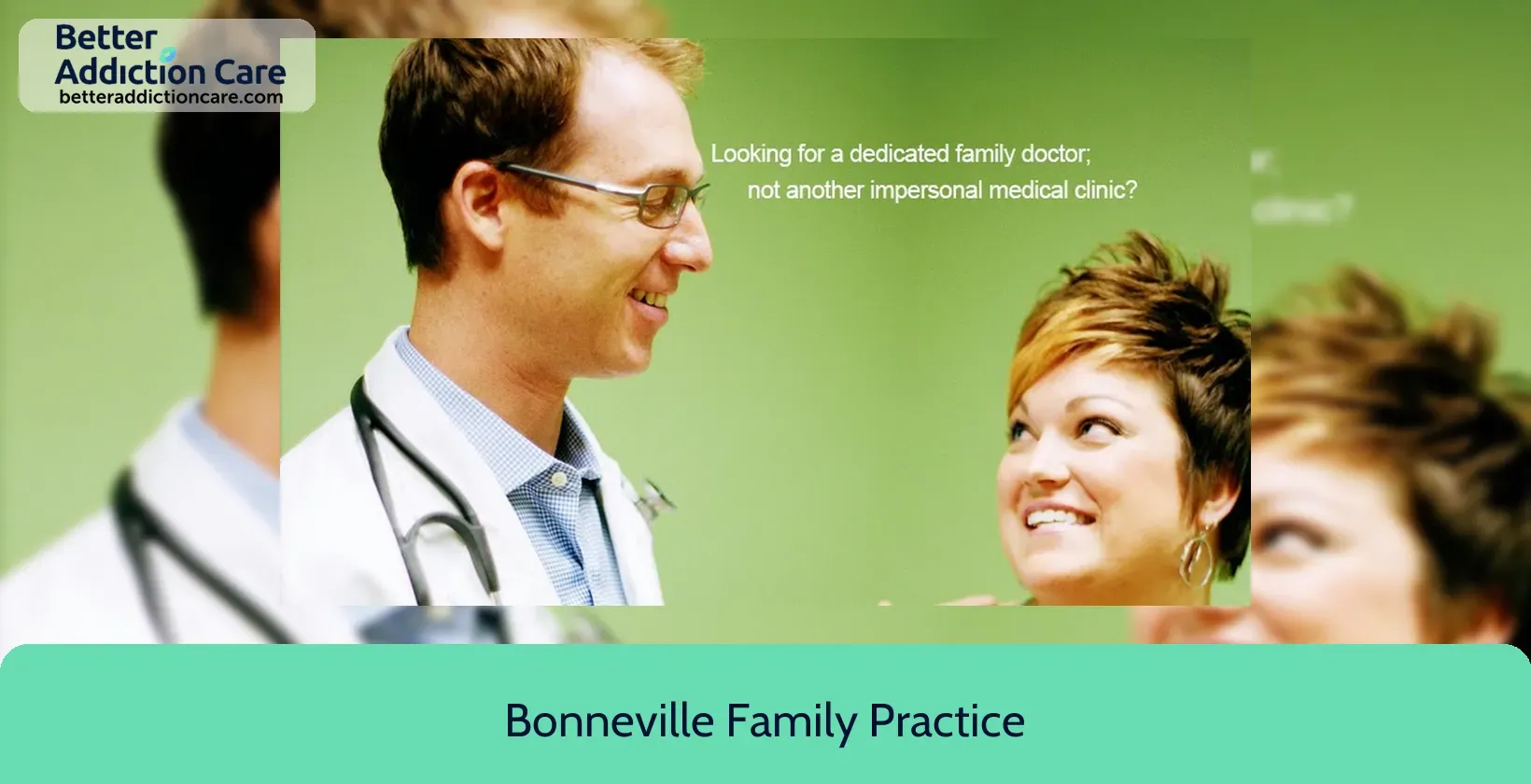
Overview
MATR Behavioral Health is a mental health treatment center for people seeking treatment near Tooele County. As part of their treatment modalities for recovery, MATR Behavioral Health provides group counseling, cognitive behavioral therapy, and dialectical behavior therapy during treatment. MATR Behavioral Health is located in Tooele, Utah, accepting cash or self-payment for treatment.
MATR Behavioral Health at a Glance
Payment Options
- Cash or self-payment
- Medicaid
- Private health insurance
Assessments
- Screening for tobacco use
- Comprehensive mental health assessment
- Comprehensive substance use assessment
Age Groups
- Young adults
- Adults
- Seniors
Ancillary Services
- Case management service
- Court-ordered outpatient treatment
- Psychosocial rehabilitation services
- Suicide prevention services
Highlights About MATR Behavioral Health
6.71/10
With an overall rating of 6.71/10, this facility has following balanced range of services. Alcohol Rehabilitation: 8.00/10, Drug Rehab and Detox: 6.00/10, Insurance and Payments: 6.00/10, Treatment Options: 6.85/10.-
Alcohol Rehabilitation 8.00
-
Treatment Options 6.85
-
Drug Rehab and Detox 6.00
-
Insurance and Payments 6.00
Accreditations
Federally Qualified Health Center:
Federally Qualified Health Center (FQHC) accreditation is a process of evaluation and recognition by the federal government for community health centers that provide comprehensive and accessible healthcare services to underserved populations. FQHC accreditation is essential for centers to receive federal funding and to ensure that they meet standards for quality, patient-centered care.
Treatment At MATR Behavioral Health
Treatment Conditions
- Mental health treatment
- Alcoholism
- Substance use treatment
- Co-occurring Disorders
Care Levels
- Outpatient
Treatment Modalities
- Group counseling
- Cognitive behavioral therapy
- Dialectical behavior therapy
- Integrated Mental and Substance Use Disorder treatment
- Activity therapy
Ancillary Services
Additional Services
- Pharmacotherapies administered during treatment
- Mentoring/peer support
- TB screening
Get Help Now
Common Questions About MATR Behavioral Health
Contact Information
Other Facilities in Tooele

6.65

6.68

7.52
DISCLAIMER: The facility name, logo and brand are the property and registered trademarks of Bonneville Family Practice, and are being used for identification and informational purposes only. Use of these names, logos and brands shall not imply endorsement. BetterAddictionCare.com is not affiliated with or sponsored by Bonneville Family Practice.
